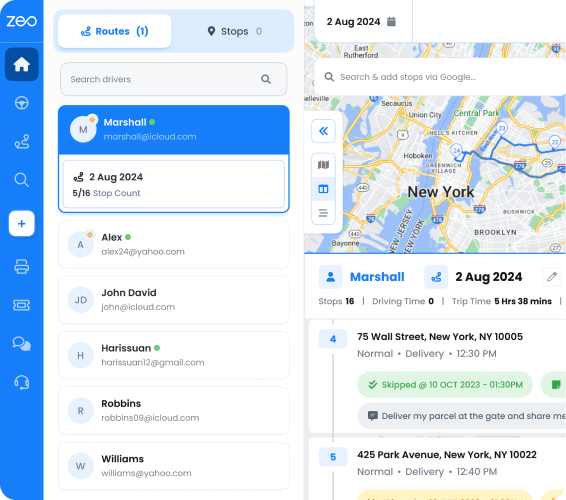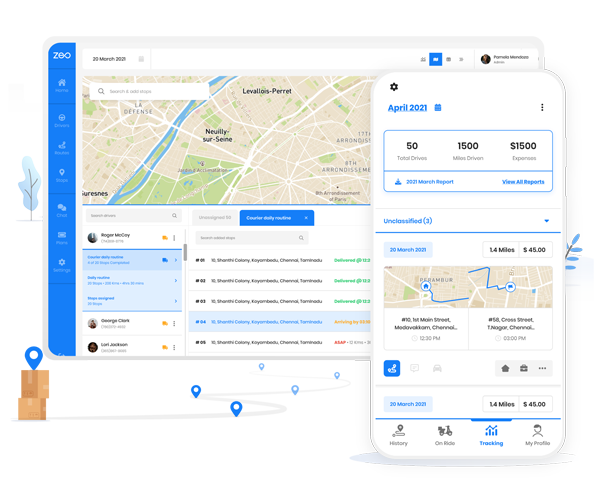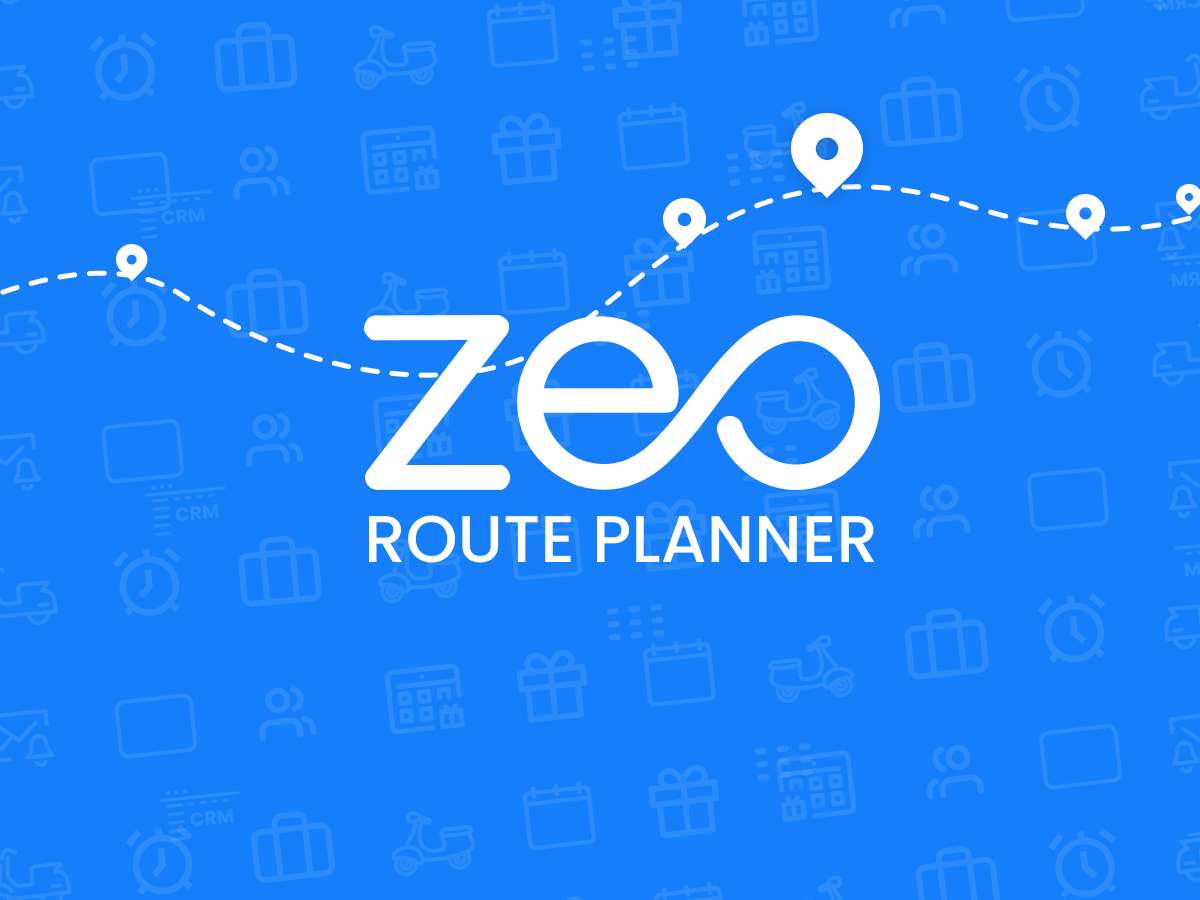The consignment business landscape is undergoing a profound transformation, driven by shifting consumer demands and advancements in technology. Today, consignment businesses face unprecedented challenges in managing inventory, fulfilling orders, and meeting customer expectations. As consumer preferences continue to evolve towards online shopping and same-day delivery, there is a dire need for streamlining consignment businesses must embrace innovative solutions to remain competitive in the market.
Understanding the Consignment Business
In today’s retail landscape, the consignment model has become increasingly popular, reflecting the growing demand for sustainable and budget-friendly shopping options. In the consignment business model, suppliers entrust goods to retailers for sale, only receiving payment when the items are sold.
So, what exactly is consignment? It’s a commerce method where a reseller, termed as the consignee, pays the supplier (consignor) once their products are sold. Essentially, the supplier provides goods to the reseller without an upfront transaction. Subsequently, the reseller showcases these products in their store, while the supplier retains ownership until the items are sold. Upon sale, the reseller compensates the supplier for the sold items and returns any unsold inventory.
Challenges in Streamlining Consignment Businesses
Navigating the complexities of the consignment industry requires overcoming several obstacles. From inventory management to customer satisfaction, streamlining consignment businesses face unique challenges that impact their growth and success.
- Inventory Management Complexity:
Consignment delivery planning often deal with a wide array of products from various suppliers, leading to complex inventory management. Without efficient tracking and organization systems, businesses may struggle to maintain accurate inventory records, resulting in overstocking, stockouts, or discrepancies. If you fail to understand the dos and don’ts of inventory management, it can lead to operational inefficiencies, increased storage costs, and missed sales opportunities. - Timely Product Delivery:
Consignment businesses rely on timely product deliveries from suppliers to replenish their inventory and meet customer demand. Delays or inconsistencies in product deliveries can disrupt business operations, leading to stock shortages and dissatisfied customers. Without effective delivery route planning software, businesses may face challenges in coordinating and optimizing supplier deliveries, resulting in missed sales opportunities and reduced customer satisfaction. - Transportation Logistics:
Transportation management poses significant challenges for streamlining consignment businesses, especially those operating multiple store locations or serving diverse customer bases. Coordinating deliveries, managing vehicle fleets, and optimizing delivery routes are crucial for ensuring timely and cost-effective product distribution. Without streamlined transportation logistics processes, businesses may face issues such as delivery delays, inefficient route planning, and high transportation costs. - Customer Satisfaction and Retention:
Effective and thought-through consignment delivery planning is essential for customer satisfaction and loyalty. This helps in driving repeat business and fostering long-term relationships. However, challenges such as product availability, delivery delays, and inventory discrepancies can negatively impact the customer experience. Unsatisfied customers may choose to shop elsewhere or leave negative reviews, damaging the business’s reputation and credibility. - Cost Management and Profitability:
Cost management is a critical concern for streamlining consignment businesses, as maintaining profitability relies on minimizing overhead expenses and maximizing revenue streams. Inefficient inventory management, suboptimal transportation logistics, and poor delivery planning can all contribute to increased operating costs and reduced profit margins.
- Inventory Management Automation:
Efficient inventory management is critical for consignment delivery planning to track stock levels accurately across multiple locations. Delivery route planning software like Zeo offers inventory management automation features, allowing businesses to sync inventory data with delivery routes and ensure optimal stock levels. Zeo enables you to automate inventory tracking and replenishment processes. This helps businesses prevent overstocking or stockouts, optimize inventory management, and improve operational efficiency. - Dynamic Route Optimization:
Consignment businesses need to ensure timely product deliveries to maintain customer satisfaction and loyalty. Dynamic route optimization features in Zeo’s delivery route planning software enable businesses to adjust delivery routes in real-time based on changing conditions such as traffic congestion or customer requests. By dynamically optimizing routes, businesses can minimize delivery delays and maintain consistent service levels, enhancing customer satisfaction and retention. - Vehicle Tracking and Dispatch:
Transportation logistics play a crucial role in consignment delivery planning, requiring efficient vehicle tracking and dispatching processes. Delivery route planning software offers vehicle tracking and dispatch features, allowing businesses to monitor vehicle locations in real-time and optimize route schedules accordingly. By tracking vehicles and dispatching them efficiently, Zeo route planning software enables businesses to reduce transportation costs and improve fleet efficiency while enhancing overall transportation logistics and profitability. - Customer Communication Tools:
Consignment businesses need effective communication tools to keep customers informed about their delivery status and address any delivery-related issues promptly. Delivery route planning software like Zeo provides customer communication tools such as real-time tracking and delivery notifications. This enables businesses to provide customers with accurate delivery ETAs and proactive updates. By enhancing communication with customers, you can improve the customer experience, build brand loyalty, and encourage repeat purchases. - Cost Analysis and Optimization:
Managing costs effectively is essential for consignment delivery planning to maximize profitability and sustainability. Zeo delivery route planning software offers cost analysis and optimization tools, allowing businesses to analyze fuel consumption, transportation costs, and other expenses associated with delivery operations. By identifying cost-saving opportunities and optimizing delivery routes, businesses can reduce operating expenses and increase profit margins, improving overall cost management and profitability.
Delivery Route Planning Software for Streamlining Consignment Businesses

increase fuel savings
Save $200 on fuel, Monthly!
Optimize routes with our algorithm, reducing travel time and costs efficiently.
Get Started for Free
Consignment delivery planning face various challenges in optimizing their operations, from inventory management complexities to transportation logistics. Here’s how delivery route planning software features can address these challenges and help in streamlining consignment businesses:
Conclusion – Why Choose Zeo?
Zeo stands out as the optimal choice, offering a comprehensive suite of features tailored to streamline consignment operations and drive business growth. With Zeo, businesses can automate inventory management, optimize delivery routes in real-time, enhance customer communication, and analyze costs for maximum profitability. Unlock the potential of your consignment business with Zeo today!
Schedule a demo to experience the power of efficient delivery route planning firsthand and take your business to new heights of success!

Are you a fleet owner?
Want to manage your drivers and deliveries easily?
Grow your business effortlessly with Zeo Routes Planner – optimize routes and manage multiple drivers with ease.

increase fuel savings
Save 2 Hours on Deliveries, Everyday!
Optimize routes with our algorithm, reducing travel time and costs efficiently.
Get Started for Free





















